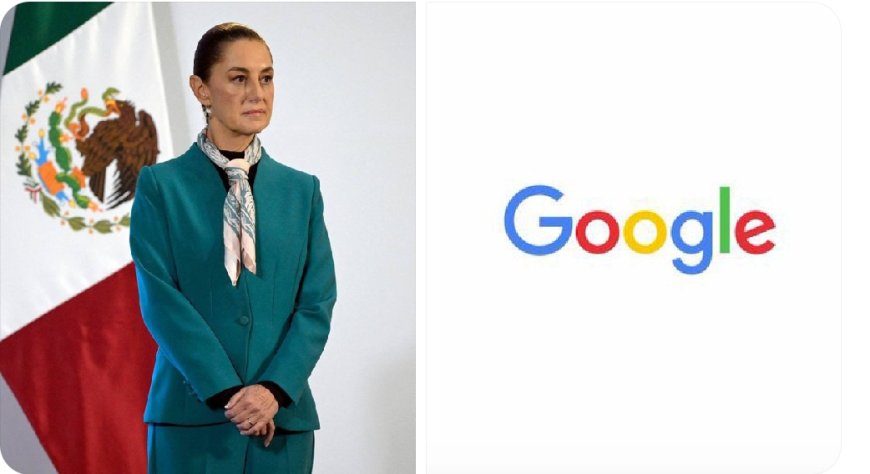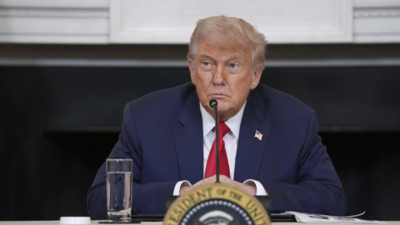Mexico Sues Google Over 'Gulf of America' Labeling on Maps
Mexico City, May 10, 2025 — The Mexican government has initiated legal proceedings against Google, challenging the tech giant's decision to label the Gulf of Mexico as the "Gulf of America" on its mapping platforms for users in the United States.

This change aligns with an executive order issued by U.S. President Donald Trump earlier this year.
Background of the Dispute
President Claudia Sheinbaum announced the lawsuit during a press briefing, expressing concerns over the misrepresentation of international maritime boundaries. She emphasized that while the U.S. has jurisdiction over approximately 46% of the Gulf, Mexico controls about 49%, and Cuba holds the remaining 5%. The renaming, therefore, affects areas beyond U.S. territorial waters.
The controversy began when President Trump signed an executive order mandating the renaming of the Gulf of Mexico to the "Gulf of America" for U.S. federal agencies. Subsequently, Google updated its maps to reflect this change for users accessing the platform from the United States. In Mexico, the body of water remains labelled as the Gulf of Mexico, while users in other regions see both names.
Mexico's Legal Action
Mexico's Foreign Relations Ministry had previously requested that Google refrain from adopting the U.S. naming convention, arguing that the "Gulf of America" label should apply only to the portion of the gulf within the U.S. continental shelf. Despite these appeals, Google's Vice President of Government Affairs, Cris Turner, stated that the company would maintain its current map labelling, citing adherence to longstanding policies.
In response, Mexico filed a lawsuit against Google and its Mexican subsidiary, seeking to have the original name restored on all platforms and to prevent the use of the "Gulf of America" label in areas outside U.S. jurisdiction.
Broader Implications
The dispute has sparked discussions about digital sovereignty and the influence of geopolitical decisions on global tech platforms. It also raises questions about the responsibilities of multinational corporations in respecting international agreements and territorial designations.
As the case progresses, it will be closely watched by international observers, given its potential implications for how digital platforms handle geopolitical naming conventions and the balance between national directives and global standards.
DISCLAIMER: The Views, Comments, Opinions, Contributions and Statements made by Readers and Contributors on this platform do not necessarily represent the views or policy of Space FM.
What's Your Reaction?
 Like
0
Like
0
 Dislike
0
Dislike
0
 Love
0
Love
0
 Funny
0
Funny
0
 Angry
0
Angry
0
 Sad
0
Sad
0
 Wow
0
Wow
0







































